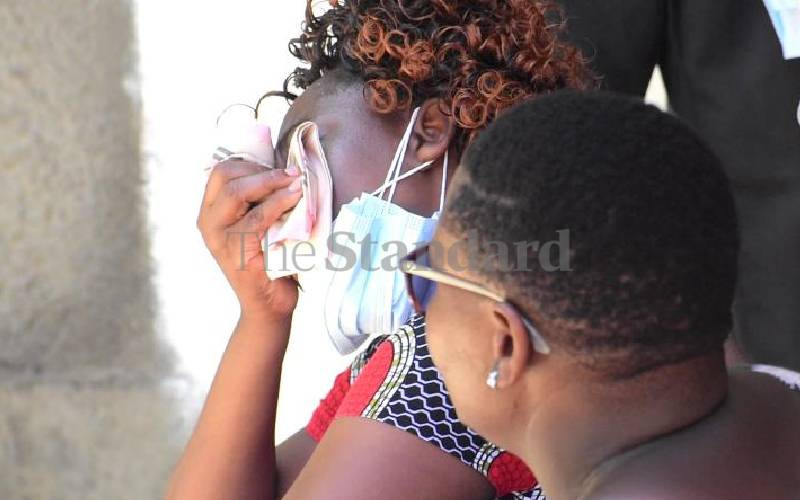×
The Standard e-Paper
Stay Informed, Even Offline

Before it shot to infamy following the deaths of more than 450 faithful of Good News International (GNI) of suspected cult leader Paul Makenzi, the Shakahola area in Malindi, Kilifi County was buzzing with development and business activities.
Land prices had shot up, trade in small urban centres boomed and its forest established itself as a religious shrine for the renowned Mijikenda Kaya elders and Christians from far and wide.